What is sleep talking? We ask a sleep expert to explain
We speak to an expert to find out what’s going on when you talk in your sleep
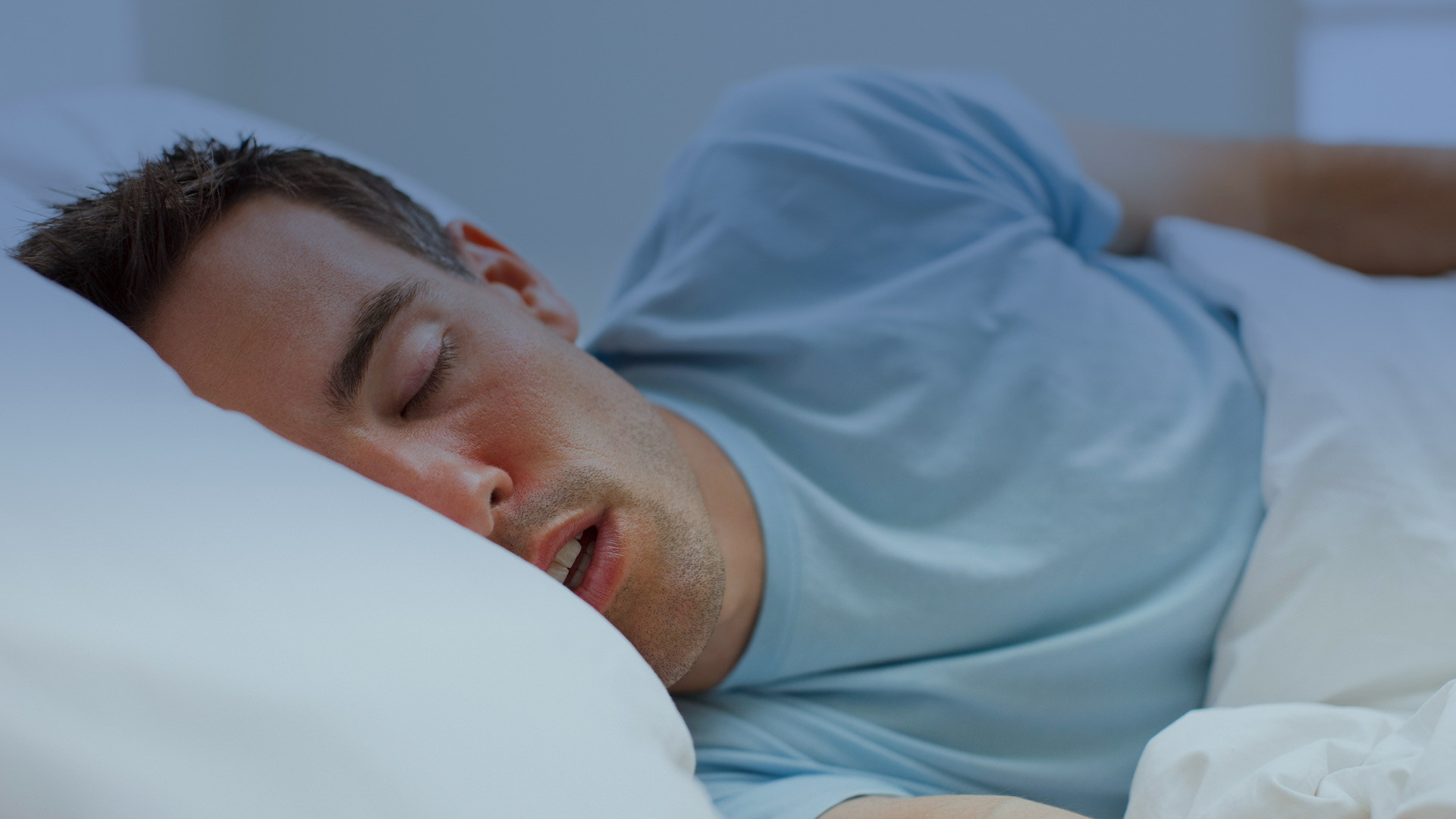
Sign up for breaking news, reviews, opinion, top tech deals, and more.
You are now subscribed
Your newsletter sign-up was successful
Sleep talking (previously known as somniloquy) is one of the most common abnormal behaviours that occurs during sleep. In fact, it’s so common that most people are likely to have at least one episode of sleep talking during their lifetime.
In this article we’re going to explore sleep talking and its causes, as well as looking at ways to help reduce episodes. With any parasomnia (parasomnia simply means an abnormal behaviour during sleep) getting a good night’s sleep in an environment that’s conducive to rest is a good start. Make sure you’re sleeping on a comfortable mattress and pillow, in a room that’s not too warm and stuffy. Our pick of the best mattresses and best pillows on the market will help you choose some new items if you need them.
What is sleep talking?
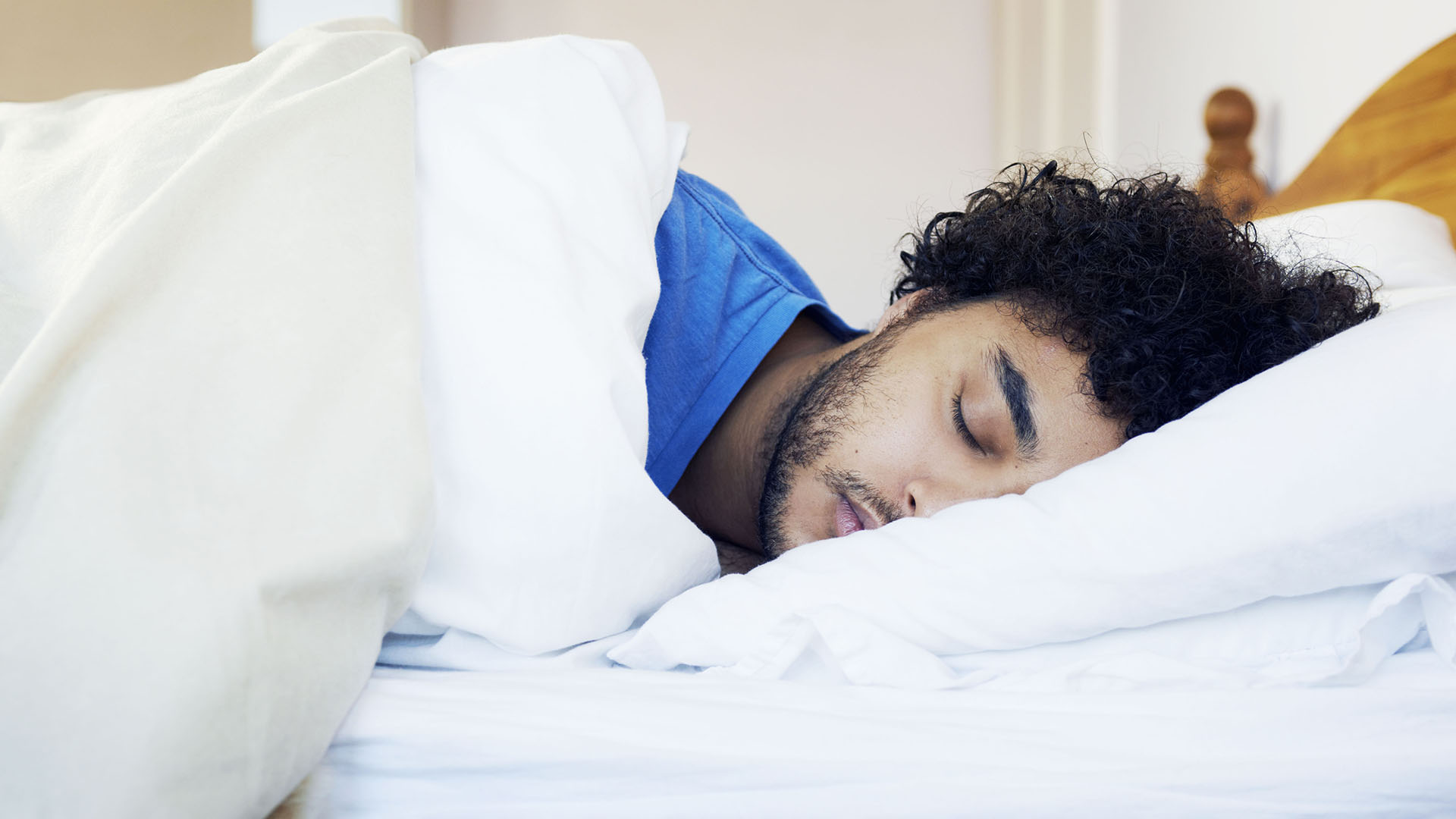
As we’ve already mentioned, sleep talking is a type of parasomnia. But it’s distinct from most other parasomnias as it can occur during REM (rapid eye movement) or non-REM sleep, although it is more common in REM sleep. Studies have found that around 66.8% of people have experienced an episode of sleep talking, although it doesn’t occur frequently.
Sleep talking affects males and females at about the same rate and is common in children, with studies showing that about half of children aged between 3 and 13 will talk in their sleep at some point.
Is there a connection between sleep talking and REM sleep behaviour disorder?
REM sleep behavior disorder (RBD) is a condition characterised by sudden body movements and vocalizations. We asked Dr Rosmy Barrios, MD, regenerative medicine specialist and medical advisor for the Health Reporter, if there is a connection between sleep talking and REM sleep behavior disorder.
“Sleep talking can occur during any stage of sleep, but it is more common during REM sleep," she tells us. "RBD, on the other hand, is a condition where the usual muscle paralysis that occurs during REM sleep is absent, leading to patients physically acting out their dreams, which may involve talking, shouting, or screaming.
"While not all sleep talkers have RBD, some patients with RBD may experience the talks. In fact, it can be an early symptom of RBD and may progress to more severe symptoms. Researchers suggest that this association may be due to the fact that both sleep talking and RBD are related to the same REM sleep stage. In RBD, the absence of muscle paralysis during REM sleep allows for the physical manifestation of dream content, while in sleep talking, the individual vocalizes during this stage of sleep.”
Sign up for breaking news, reviews, opinion, top tech deals, and more.
What are the symptoms of sleep talking?
As you might suspect, the main symptom of sleep talking is audible vocalisation during sleep, without the person being aware of it. It can be single words, resemble normal speech or be incomprehensible. One study found that around half of recorded sleep talking was incomprehensible, with subjects either mumbling or moving their lips without making any noise.
Although the same study found that the other half of sleep talking was comprehensive and tended to follow typical conversational patterns, the actual phrases didn’t always make a lot of sense. Sleep talking can often be negative, profane or offensive; even sometimes revealing secrets. It can, of course, also be highly amusing – take the man who woke himself up snoring, before sternly admonishing himself to, “shut up, I’m sleeping”. Or the lady who announced that she knew the solution was to, “get the koalas to do the washing up”. Sleep talkers are rarely aware that they’re talking in their sleep and don’t recollect the episode when they wake up.
What causes sleep talking and can stress be a factor?
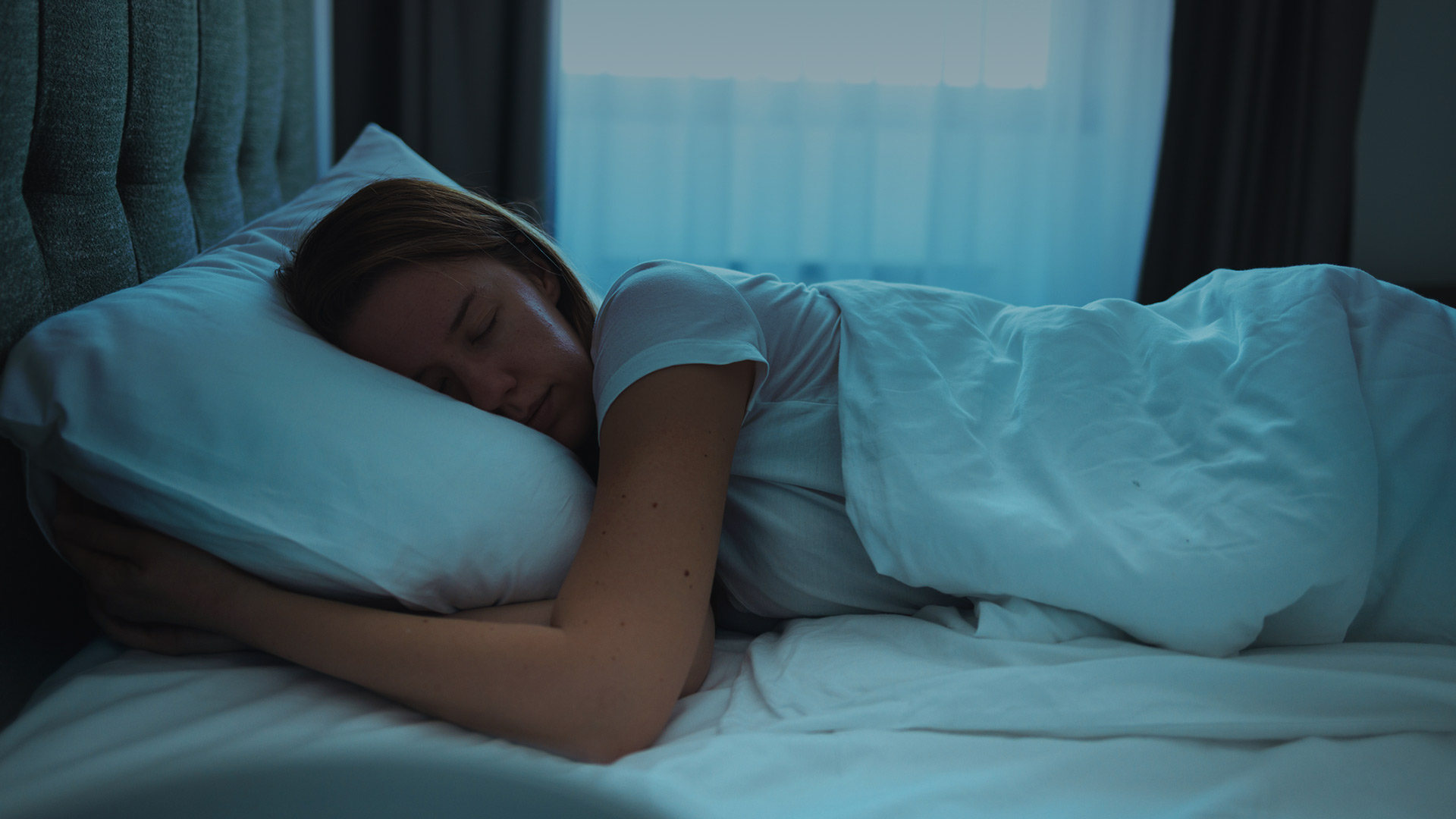
“It is caused by the same factors that can cause other sleep disorders, such as stress, sleep deprivation, sleep apnoea and alcohol consumption”, explains Dr Barrios. “Some studies suggest that it can be hereditary and that a family history of sleep talking could increase the likelihood of experiencing it.”
Sleep talking has also been found to be present in some people with certain mental health conditions. PTSD (post-traumatic stress disorder) is associated with sleep talking and has been found to be more common in children who are experiencing stressful events. However, this is not a hard and fast rule.
Dr Barrios explains, “Stress can be a trigger for sleep talking, and individuals who are going through a stressful period in their lives may experience more frequent episodes of sleep talking. However, not all sleep talkers experience stress as a trigger, and some may talk during sleep even when not stressed out.”
How to stop talking in your sleep
The cause of sleep talking is not fully understood, so knowledge on ways to stop it is limited. Dr Barrios has these suggestions to help, “There is no guaranteed way to stop sleep-talking, but some measures can help minimize the frequency and severity of episodes. For example, improving sleep hygiene, reducing stress, avoiding alcohol and caffeine before bedtime, and treating any underlying sleep disorders. For some people, heavy blankets can also be useful. Due to its weight, it may help some fall asleep faster and get quality rest, as it calms the entire nervous system and stimulates the release of serotonin, also known as the hormone of happiness.”
Because many parasomnias occurs when a person’s sleep cycle becomes disrupted and they are stuck between being asleep and awake, it makes sense to practice good sleep hygiene and better sleeping habits:
- Keep the same sleep schedule – Go to bed and get up at the same time every day, including weekends.
- Avoid stimulants before bedtime – Try to avoid caffeine, caffeinated foods and nicotine too close to bedtime.
- Provide a peaceful sleeping environment – Make sure your bed is comfortable, remove electronic devices, keep the lights low and keep the room at a cool temperature.
How to share a bed with a sleep talker
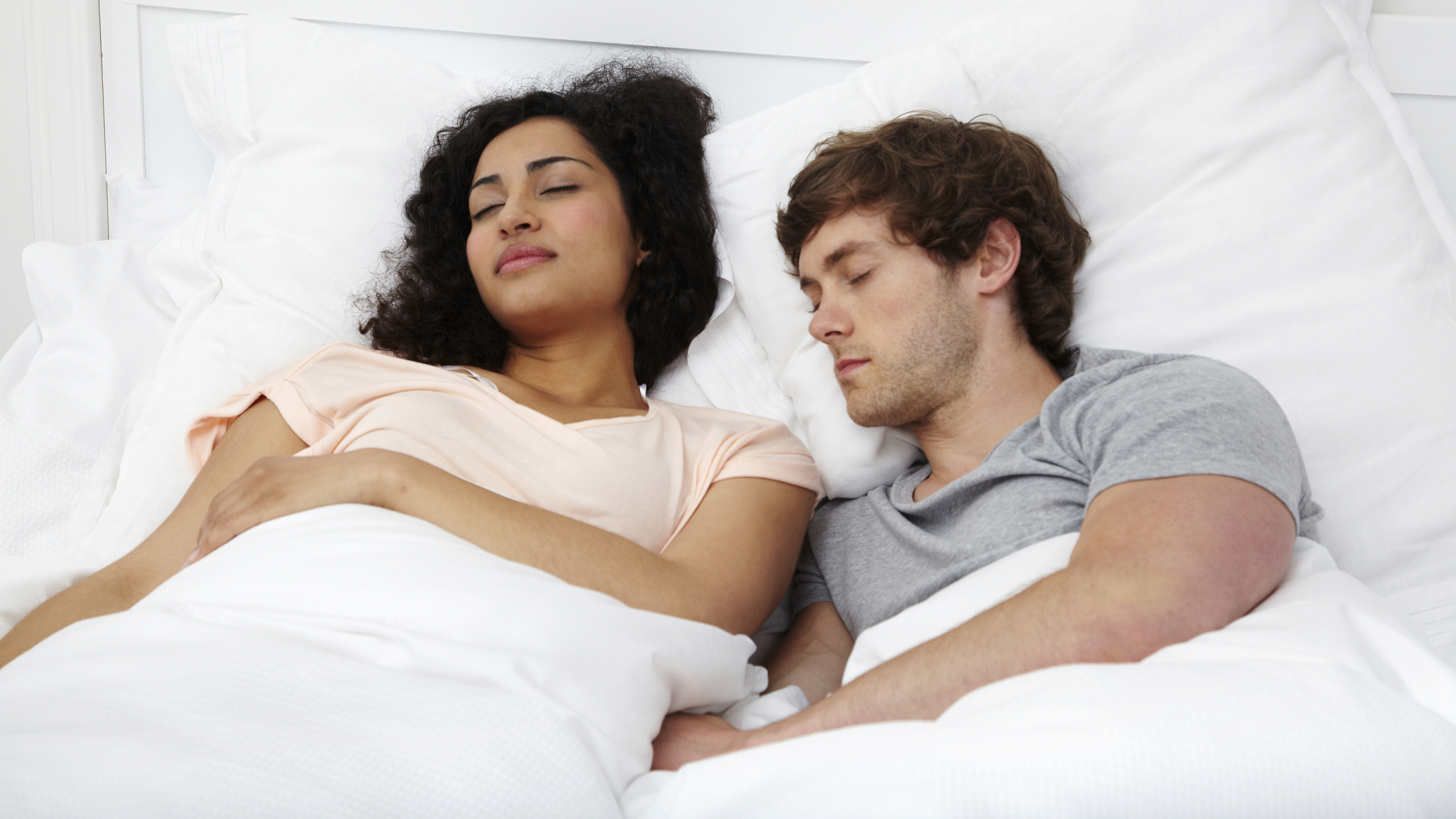
If you share your bed with a sleep talker, it can be challenging to get a good night’s sleep. Here are a few tips to help:
- Wear earplugs – Earplugs or noise cancelling headphones will block out the sound or at least dull it.
- White noise – A white noise machine could cover up the sound of your partner sleep talking. If you don’t want the expense, you could try playing music or running a fan.
- Sleep separately – If you have the space and the talking gets too much, you could sleep in separate rooms.
- Encourage your partner to seek help – If your partner’s vocalisations are frequent, encourage them to talk to their GP or consult with a sleep specialist. The sleep talking could be part of a bigger sleep issue.

Dr Rosmy Barrios, MD, is a medical advisor for the Health Reporter, the head of the anti-aging department, and a regenerative medicine specialist in several medical institutions with over ten years of experience. She graduated from the Del Norte University Medical School in Barranquilla, Colombia, and specialises in aesthetic and anti-aging medicine at the John F. Kennedy University in Buenos Aires, Argentina. Her career is international - she has worked on three continents and is fluent in several languages.
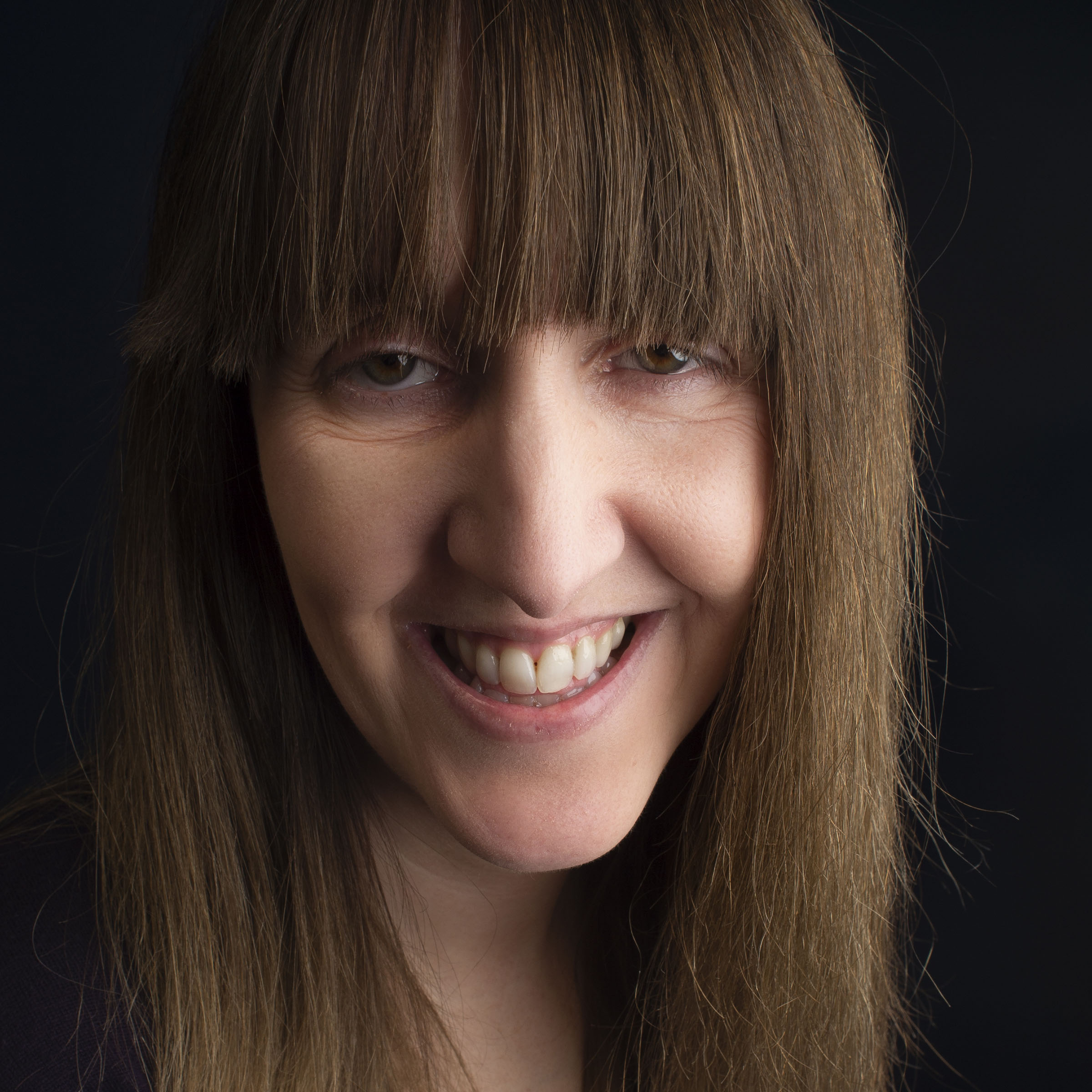
Jo Plumridge is a freelance writer and photographer with over 20 years of experience writing for a variety of magazines, books and websites. She writes, perhaps unsurprisingly, about photography but also extensively on all things sleep and interior design related, alongside home and tech product reviews. She’s lived in the middle of a nature reserve in Botswana and written a guidebook to New Zealand, but now spends a lot of time trying to photograph the cats she and her husband foster for a local charity - without a doubt the most challenging subjects on earth!